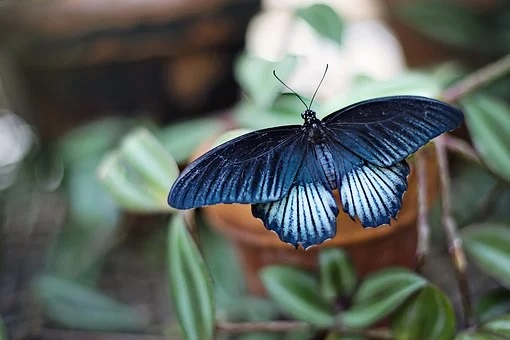We neither came to nor will leave this world voluntarily. However unwilling, we all have to go when it is time, not by choice and certainly not on our terms. As well, we came in the same fashion. If there were free choices, no being would want to be born as an ox or a horse. But the reality is that we see these poor beings all the time. If free will were possible, all beings would naturally choose to be king in the human realm or someone like Indra, the King of the gods, instead of an ox or a horse. This clearly shows that beings cannot choose the timing or the form of birth. One just has to come when it is time. Why?
This is by no means God’s will. Buddhism does not acknowledge a personified God but respects all faiths, including the viewpoints of atheism and the non-Buddhist traditions. Some people may find this statement unacceptable since atheism rejects the ideas of samsara and causality. How can such nihilistic views be respected?
As a matter of fact, the sutras answered this question long time ago. The answer is that although atheism is incorrect, atheists at least have contemplated the question of life. In this respect, they are better than those who, like animals, only care about eating and drinking, and generally feel apathetic toward the issues of life and rebirth.
~Depicted from THE RIGHT VIEW - The Twelve Nidanas1—the sequence of cyclic existence











